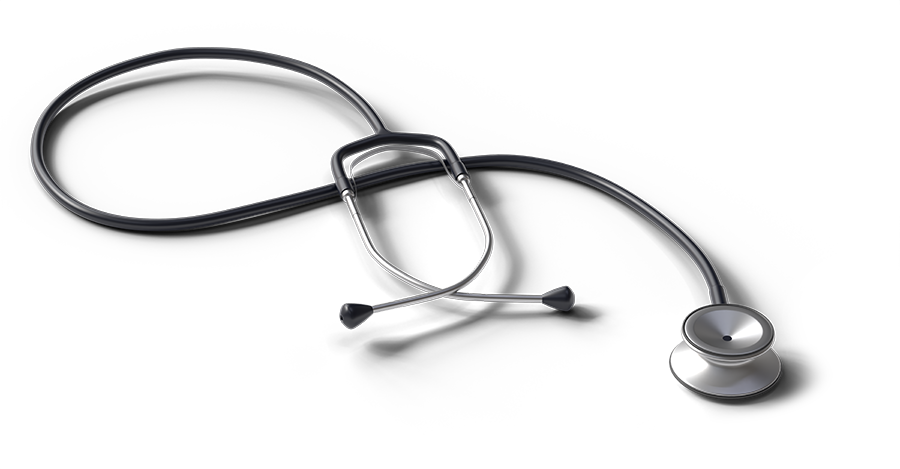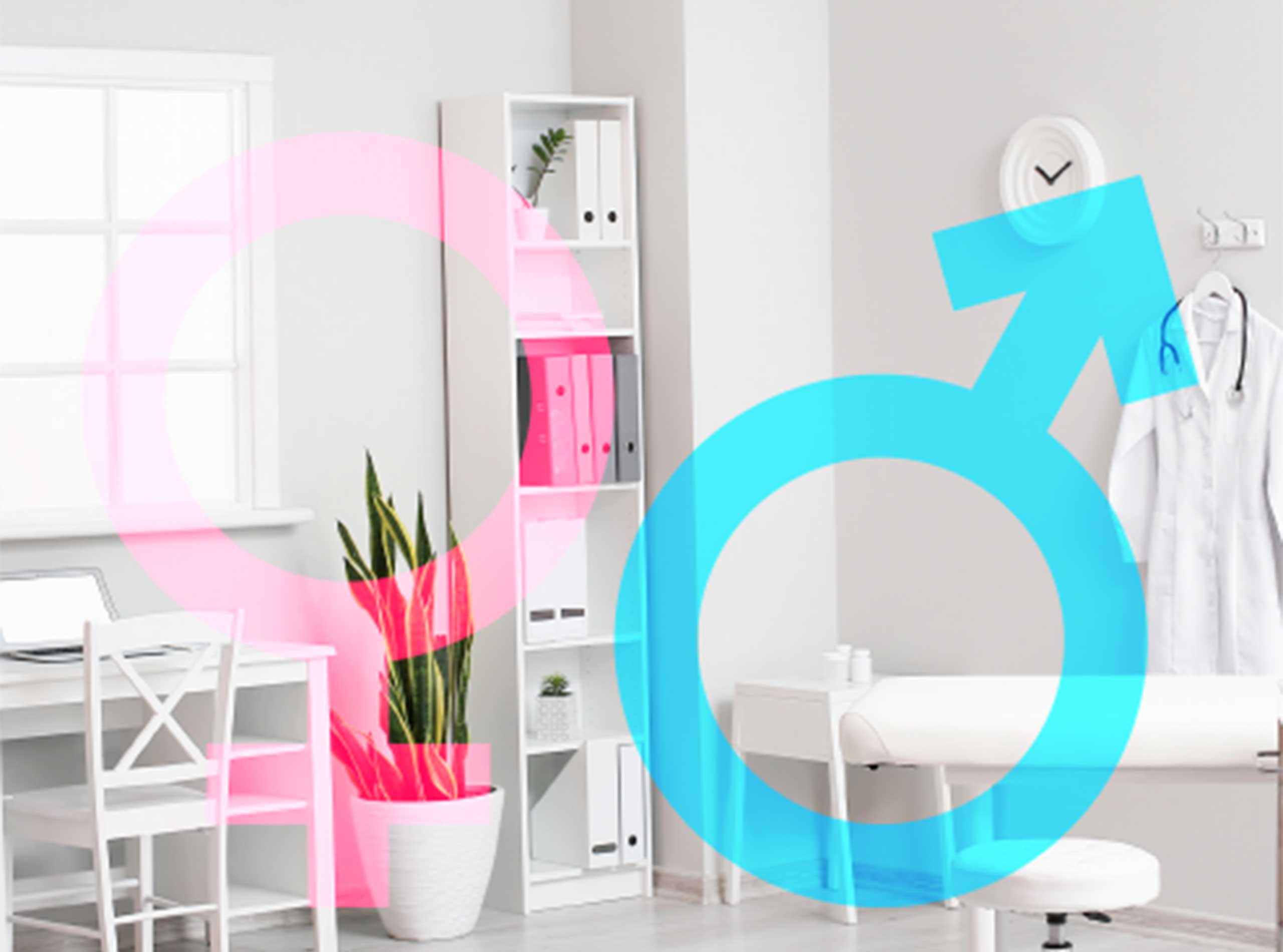The Dad and Daughter Debate: Should a Doctor’s Gender Factor into Your Healthcare Decisions?
Should a doctor’s gender factor into your healthcare decisions? Explore its impact on empathy, understanding and quality of care.

MARC ROBERTZ-SCHWARTZ
This is such a loaded debate, as I personally know, and have high regard for, very compassionate and accomplished medical practitioners of both sexes.
And while I have some instinctive and personal thoughts about how I feel as a patient being seen by male and female medical professionals, I first wanted to turn to some reliable sources.
Surely, there must be some data on this. And there is. One of the first things that caught my eye was a statistic from the American College of Cardiology (February, 2021): “Female physicians have better patient outcomes compared with their male peers, while female patients are less likely to receive guideline-recommended care when treated by a male physician.” Is this luck, skill, a better understanding of a shared anatomy, or some variation of a “Sisterhood of the Traveling Pacemaker?”
I can almost hear my male physician friends deleting me from their contacts right about now. And to be clear and fair, I’m sure there is research that would either discredit such findings, or at least provide a different context.
Afterall, you would intuitively assume that men relate better to male practitioners, and women to women. Certainly when it comes to sex-specific issues and conditions, right? Candidly, I feel much more comfortable with a female GYN seeing my wife or daughter. On the other hand, I might wrestle with a prostate conversation (let alone, an exam) with a female practitioner.
However, as I’ve aged, due to what I would generally describe as a better “connection,” I have found myself more comfortable with female practitioners. I do have some fabulous male docs as well, but as I think about the ones I see with annual regularity, the majority are female, as are the surgeons who have performed procedures for me over the years.
I’m painting with really broad strokes here, but I think so much of this is driven by the personalities of both the patient and professional (including mid-levels, APRNs and NPs). Some are no-nonsense, to the point, no interest in sugar-coating. Others have deep compassion, empathy, and can read the room. I think there is absolutely a place for both in the profession. While the research and statistics are valuable, it begins with personal preference — Do you want a doctor who is going to rip the proverbial band-aid off, or one who is going to talk you through what you’re about to feel, answer your questions, and count it down?

CADI SCHWARTZ
My earliest memory of the doctor’s office is Dr. Raphael Cheas. I was devastated when I aged out of his care, and I have yet to find another doctor who called me “Princess” and told me I was “perfect.” (Can you blame me for not wanting to leave?) No matter what stage of life I was in, I always felt comfortable with Dr. Cheas and asking him questions. The fact that I was a female seeing a male practitioner didn’t even cross my mind.
As I’ve gotten older and I’ve started seeing more than just a primary doctor, my opinions have changed. When scheduling an appointment, I tend to look for female physicians when possible. I have come to feel, at this point in my life, female practitioners understand me better.
If you remember my side from our last debate, I mentioned that I ask a lot of questions. I’m a communications major at the University of Florida and I know very little about the human body. So when I go to appointments, I want to make sure that the time I spend with the physician is productive for both of us. For me, this is achieved by asking questions.
From my previous experiences, I have found that female practitioners are more open to taking the time to answer questions and provide me with explanations that make sense to my lay-person’s brain. Oftentimes, female providers have had similar experiences to mine so they may communicate from a personal perspective. I’m not sure if that’s just luck, but it makes me feel valued and heard.
I recently had a negative experience at a doctor’s office. I was a new patient and during my explanation of why I was there and what I was experiencing, it was clear to me that the practitioner had decided the course of action before even walking into the exam room. All questions were directed to the medical assistant, and they were in and out in less than 10 minutes. I was frustrated and felt like what I was experiencing was ignored.
Now, this is not to say that all of this happened only because the physician was male. I’ve had a similar experience with a female provider too. But if this provider had been female, I think I would have felt more comfortable asking questions to ensure that the appointment wasn’t a waste of time and money.
We can’t all have a Dr. Cheas (sad, I know), but no matter what, we should all feel comfortable with, and confident in, our providers’ abilities to give us the care we need.
Photos of Marc and Cadi by: Nicole Hamel

